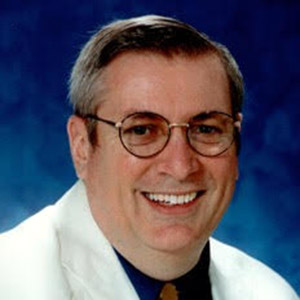Professor Emeritus William Toscano has received the Award for Global Engagement from the University’s Global Programs & Strategy Alliance. The award is given to faculty and staff in recognition of their outstanding contributions to global education and international programs at the University or in their field. Toscano has demonstrated a career-long commitment to international engagement and the advancement of global health, and has championed collaborations to solve global health issues in locations such as Taipei, Tbilisi, Reykjavik, Chiang Mai, and across India.

“I’m pleasantly surprised and humbled. I never thought about receiving recognition for the work we have done,” says Toscano. “Global work is always a group effort. I had a lot of support from Dean John Finnegan and the head of the Academic Health Center, Frank Cerra, and many other leaders and collaborators with vision and commitment to global public health. I thank them all.”
Toscano is a former head of the School of Public Health’s (SPH) Division of Environmental Health Sciences, where he spearheaded efforts to create the global health program. He also played an essential role in creating the University’s Masters of Development Practice program in addition to being an instructor, mentor, and governing member of the program.
Some of the work Toscano is most proud of is his time spent advising students and conducting exchange programs with students and faculty from Minnesota and abroad.
Toscano’s own first international research experience ignited his interest in global health.
“My first overseas experience came from research I was doing at that time on nonsteroidal contraceptive agents and I was invited to India,” says Toscano. “I was impressed by the dedication and commitment of students and faculty who were accomplishing impressive results under austere conditions. It was love at first sight and I felt that India was probably the most interesting country on our planet.”
When working in other countries, Toscano emphasizes that it’s important for researchers and facilitators to “check their egos at the border.”
“We must drop our preconception that we are saviors of the world, listen with both ears, and learn from our partners, who know what they need better than we do,” says Toscano.
Toscano also says that the University should consider institutionalizing funding for global programs, which will sustain their existence and allow for long-term planning.
